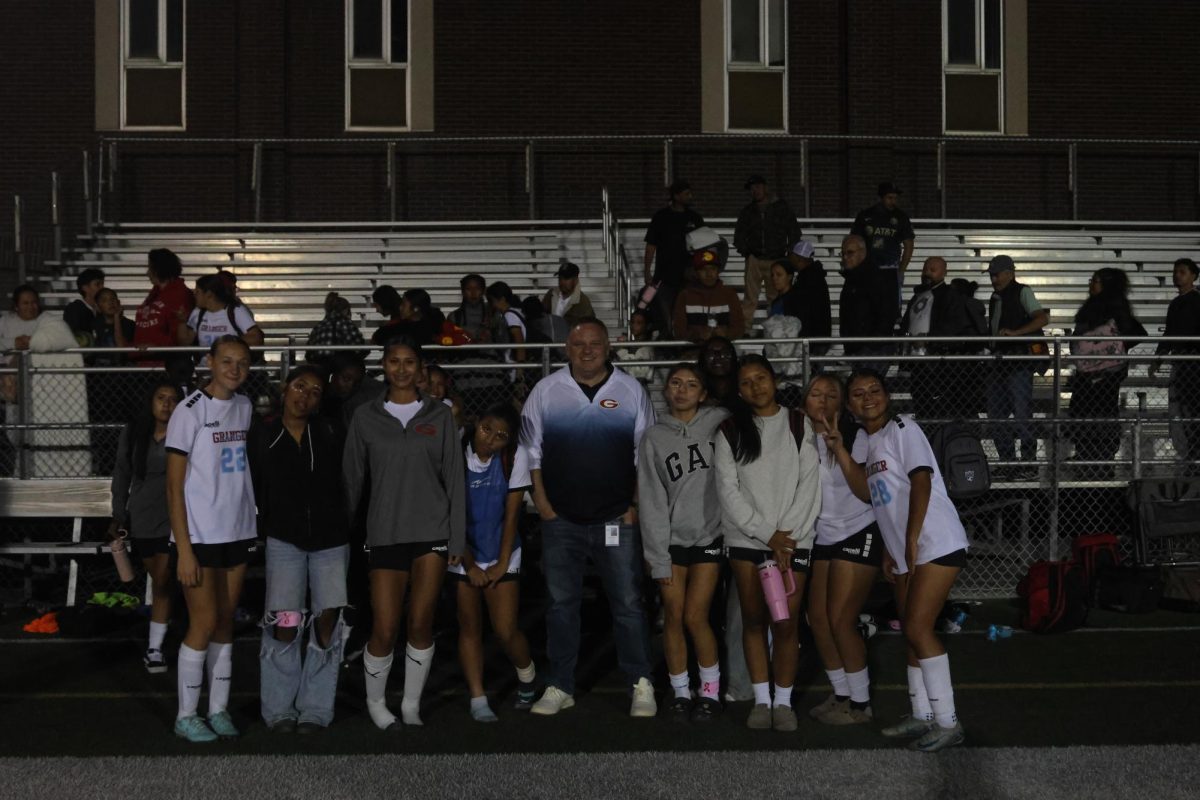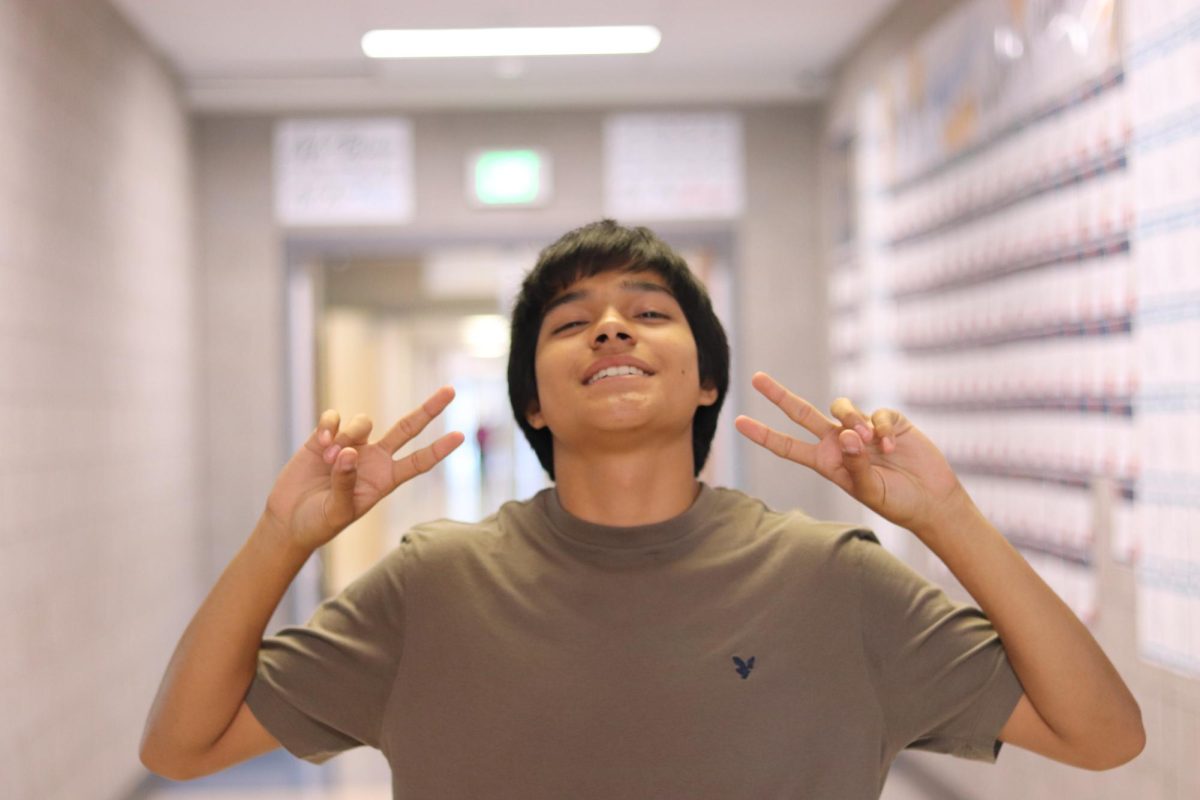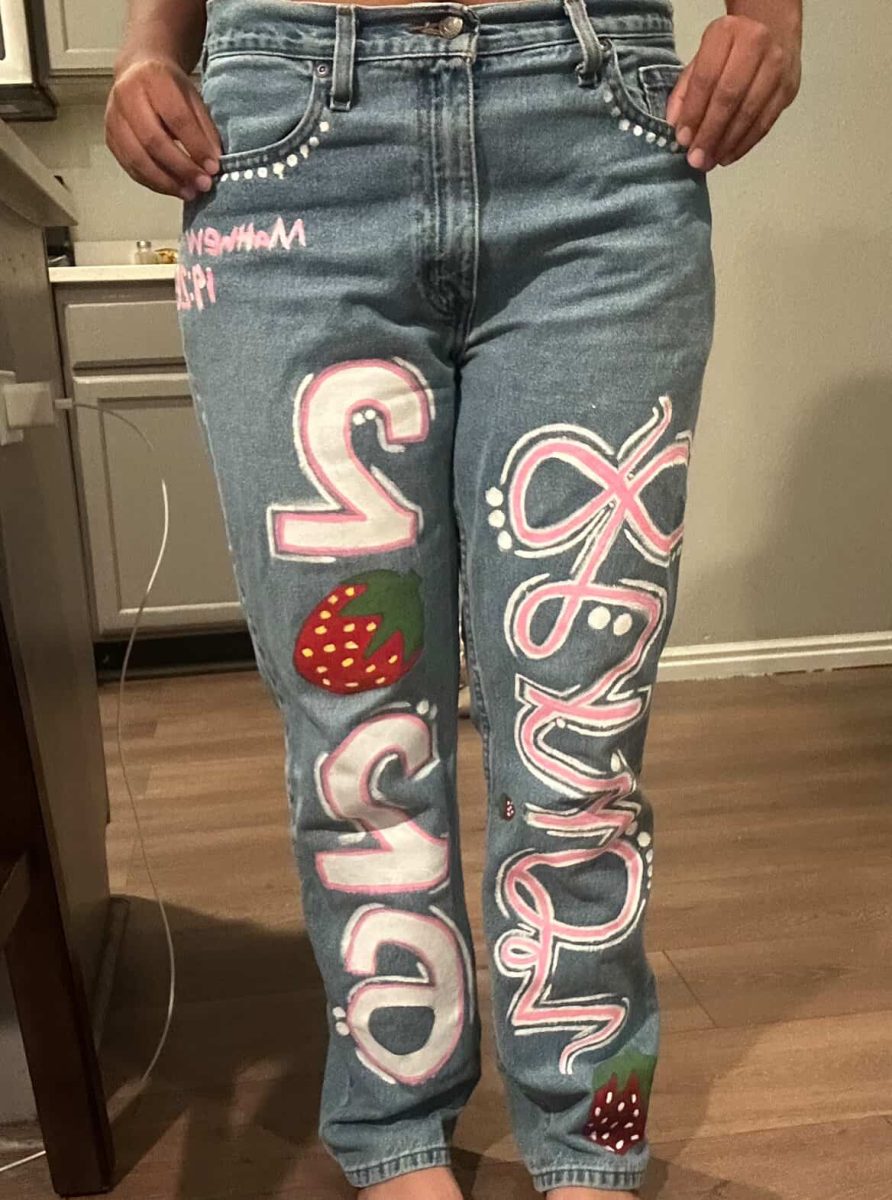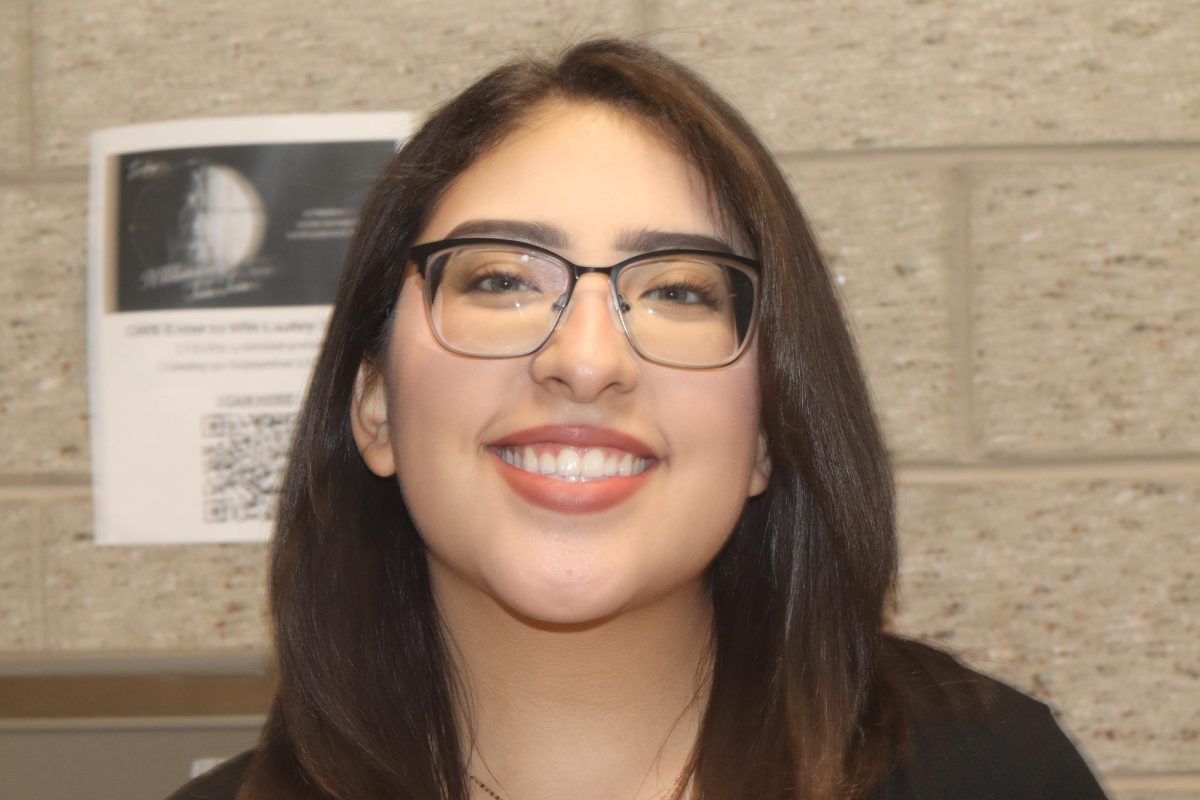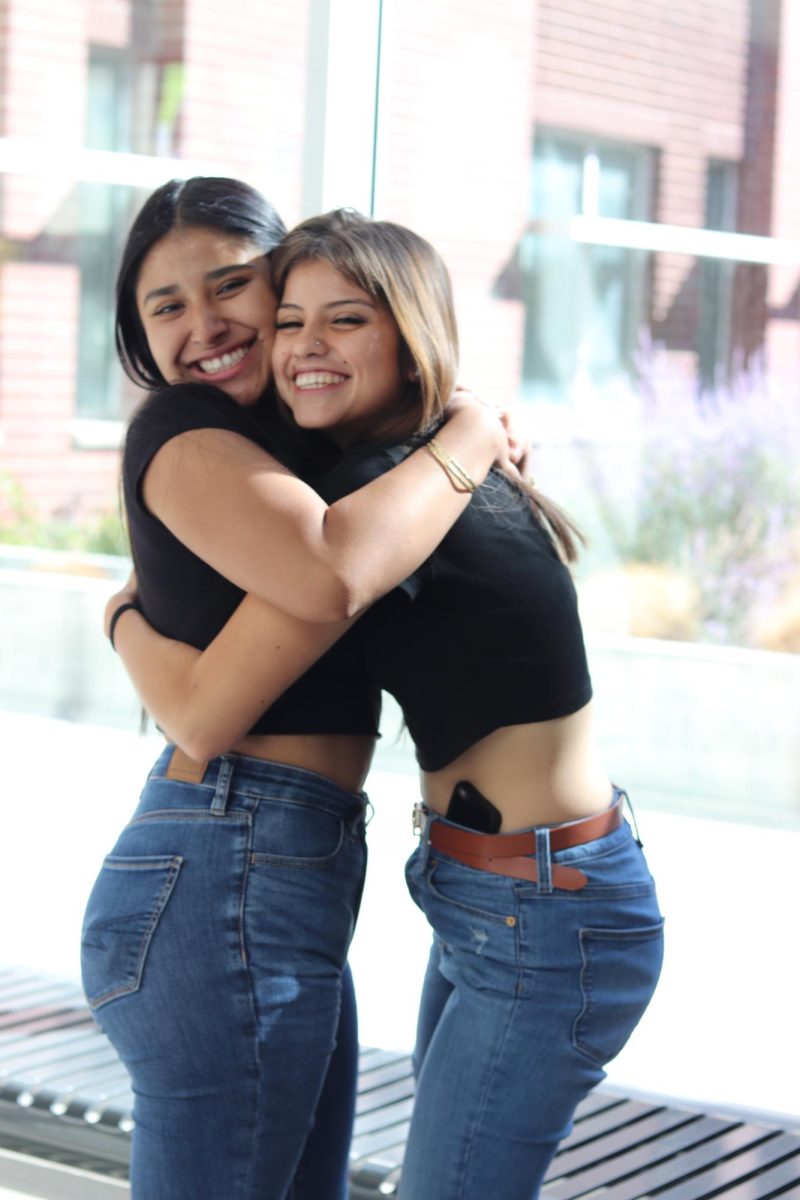ON SEPTEMBER 26, the Liu Lab, a biochemistry laboratory from the University of Utah, visited Granger High School to do a panel discussion to answer questions about college, science, and research.
Ms. Van Duyn, an alumna of the Liu Lab, is the advisor for TSA (Technology Student Association). TSA is a national, non-profit technical student association for students engaged in Science, Technology, Engineering, and Math (STEM).
Where students can participate in TSA’s competitions, community service, intracurricular activities, and leadership opportunities. Last year, team members from the Liu Lab worked with two teams of students from Granger to assist them with their projects for TSA. These two teams advanced to the Utah semifinals.
The Yang Liu Lab, part of the University of Utah’s Department of Biochemistry, investigates how cells detect and repair damage to their DNA.
Dr. Yang Liu, chemist and biophysicist, is the principal investigator of the Liu Lab. “In our lab at the University of Utah, we study how biological molecules interact with each other and how these interactions mediate cellular processes in life and diseases,” Dr. Yang said. “Additionally, we are excited about developing CRISPR-based tools for basic biology research and therapeutic applications,” he said. Their laboratory is interested in CRISPR technology and studies how molecules behave in cells.
The panel featured Dr. Yang Liu, who leads the lab, and shared what led to his interest in biology. “I got fascinated by how things work at the microscopic level and the capability to change how things work,” he said. “I was fascinated by changing how things worked naturally and utilizing this for different applications.” Dr. Yang continued and described the importance of curiosity-driven research and how it can lead to medical advances.
Alongside Dr. Liu was Jared Thompson. “We get to try and solve some of the coolest problems, and that’s really rewarding,” Thompson said. The reason they came out to do the panel was, “we wanted to emphasize the point that not everybody who does science woke up one day in the first grade and decided they wanted to be a scientist,” Thompson continued. This emphasized the message that the path to becoming a scientist is not always clear, direct, or decided early in life.
Also present was Courtney Dawes, who is studying DNA related to cancer. “The main part of being a scientist is troubleshooting,” Dawes said. Dawes even explained her goal to inspire. From learning how to do rigorous science and create novel projects that are clinically relevant.
Grant Schlauderaff, a graduate student, also described his goal. “I was following my passion and didn’t know where it would lead me, but it worked out really great,” Schlauderaff said. He emphasized that bringing a new perspective brings something. “I feel that we’re in a great time for understanding and manipulating biology, which makes the potential for impactful technologies endless,” he said.
Throughout the event, students asked thoughtful questions about science, CRISPR technology, the scientific method, and how researchers turn ideas into experiments. One student shared a broader reflection.
The panel concluded with a message encouraging students to stay curious and ask questions. They reminded students that their best advice is to “Take this time seriously and look for the best mentors,” they shared. “Try to be great at whatever you’re working on.” Ultimately, they suggest that what matters most is not when a career decision is made, but the willingness to explore, ask questions, and grow into the role of a scientist.
After the discussion, students had the chance to meet the panelists and have one-on-one discussions about research opportunities, college pathways, and lab life. By connecting real-world research with student interests, the panel helped encourage and inspire learning and scientific discovery. TSA organizers expressed hopes of continuing this kind of outreach in the future.



